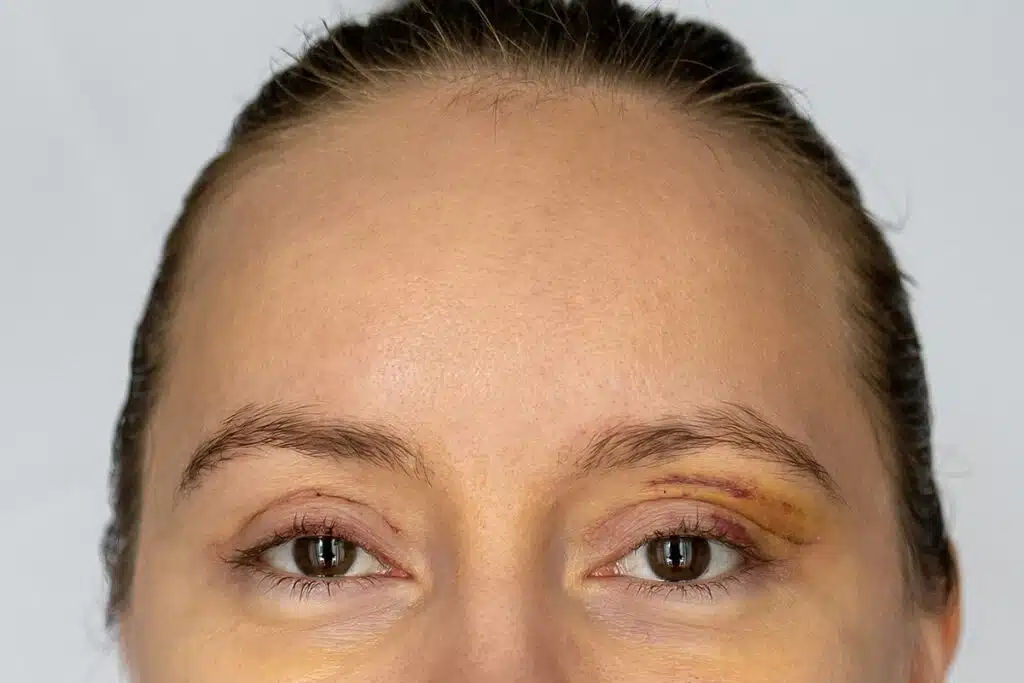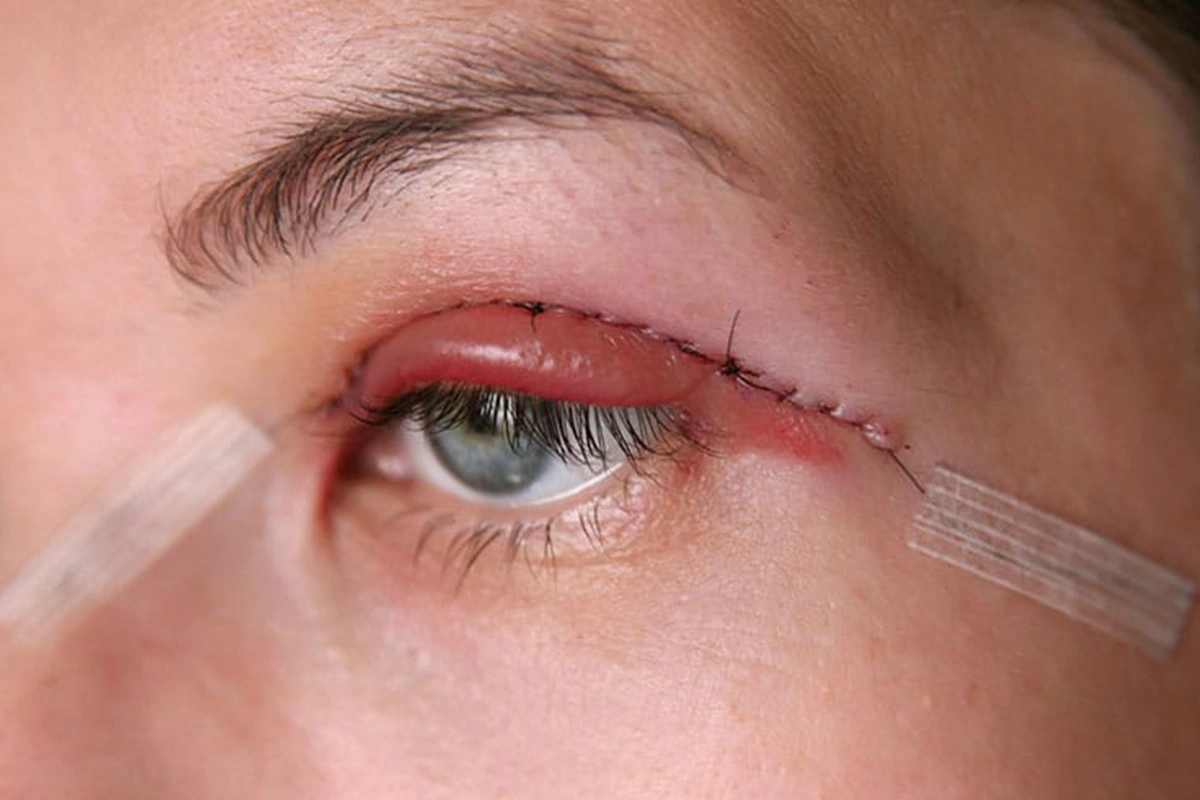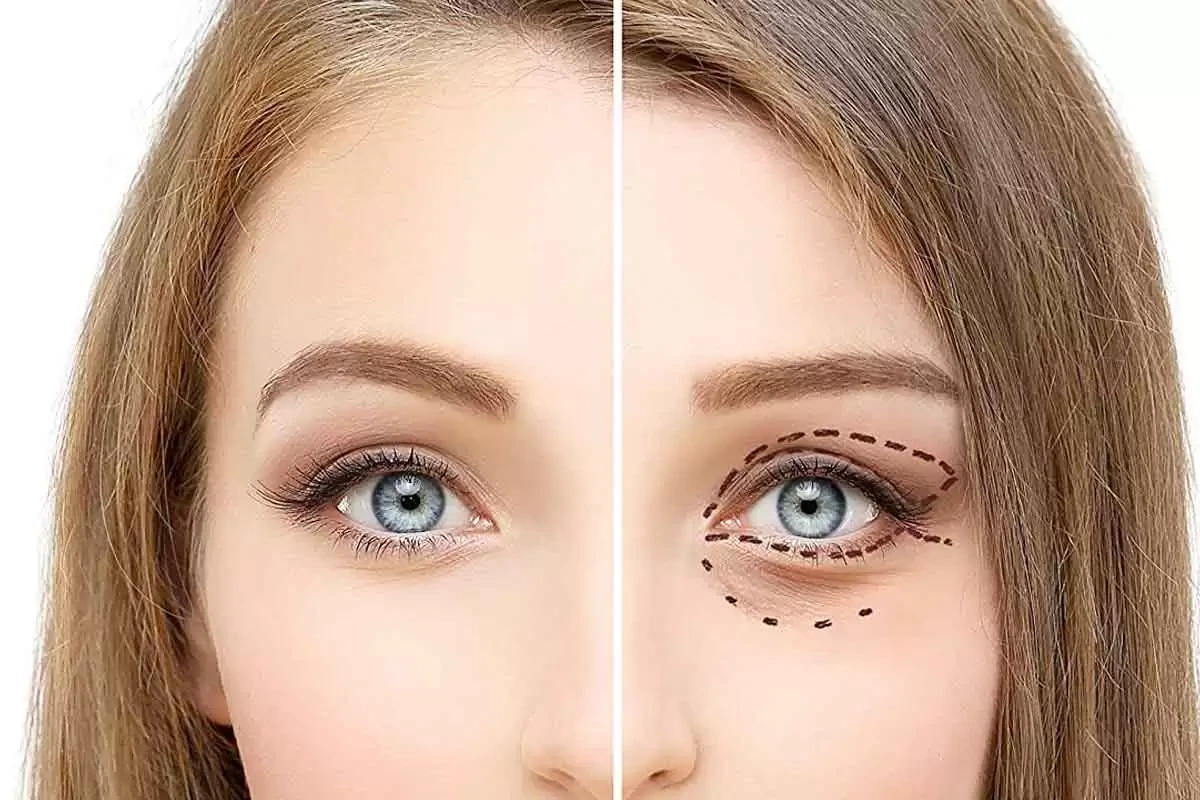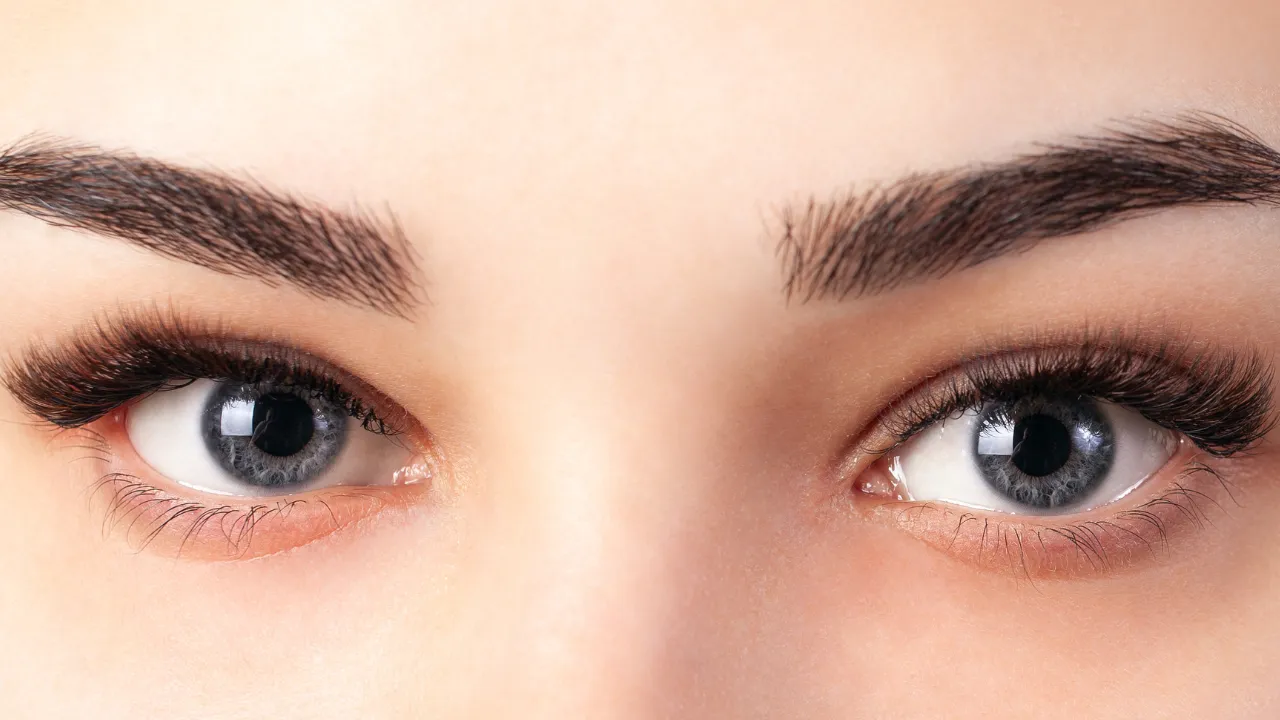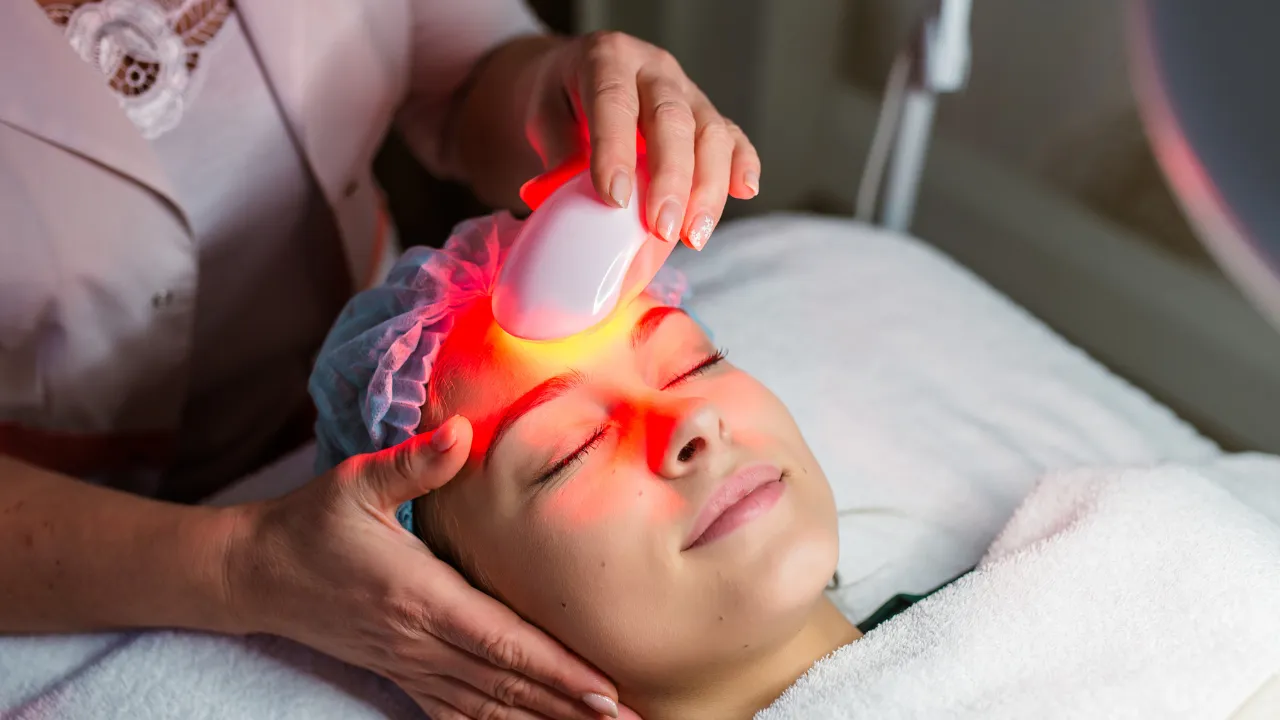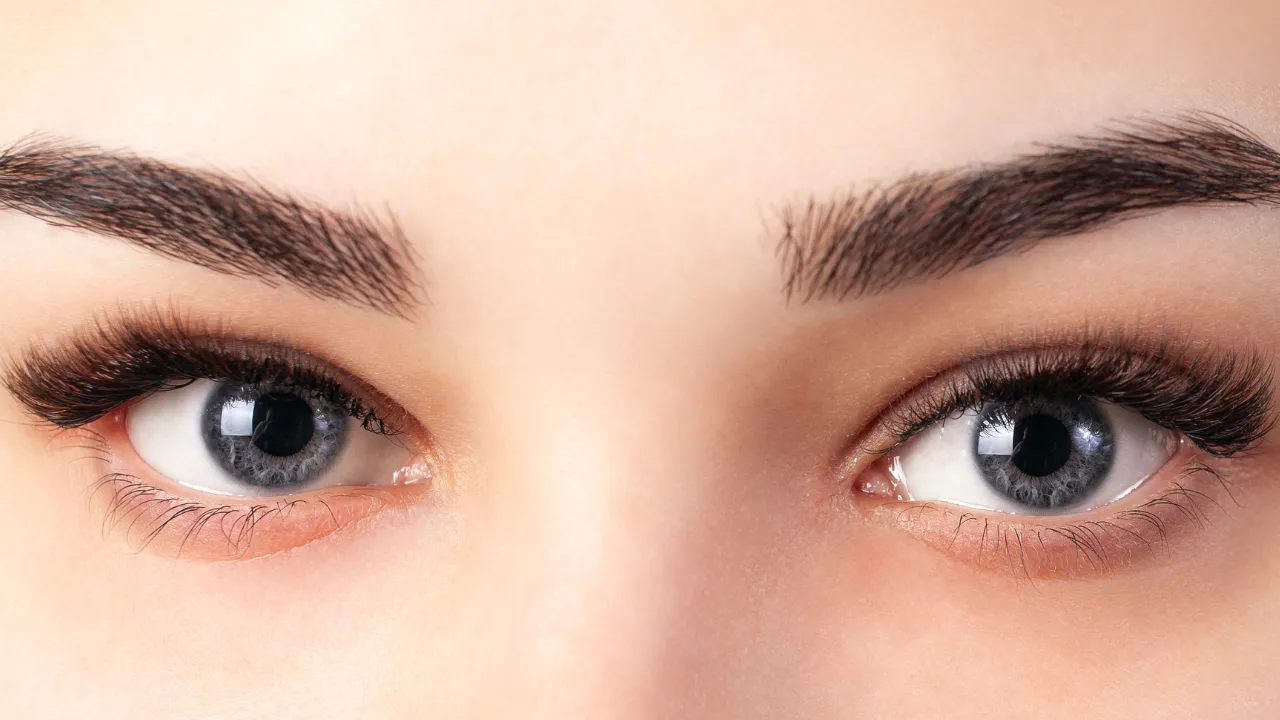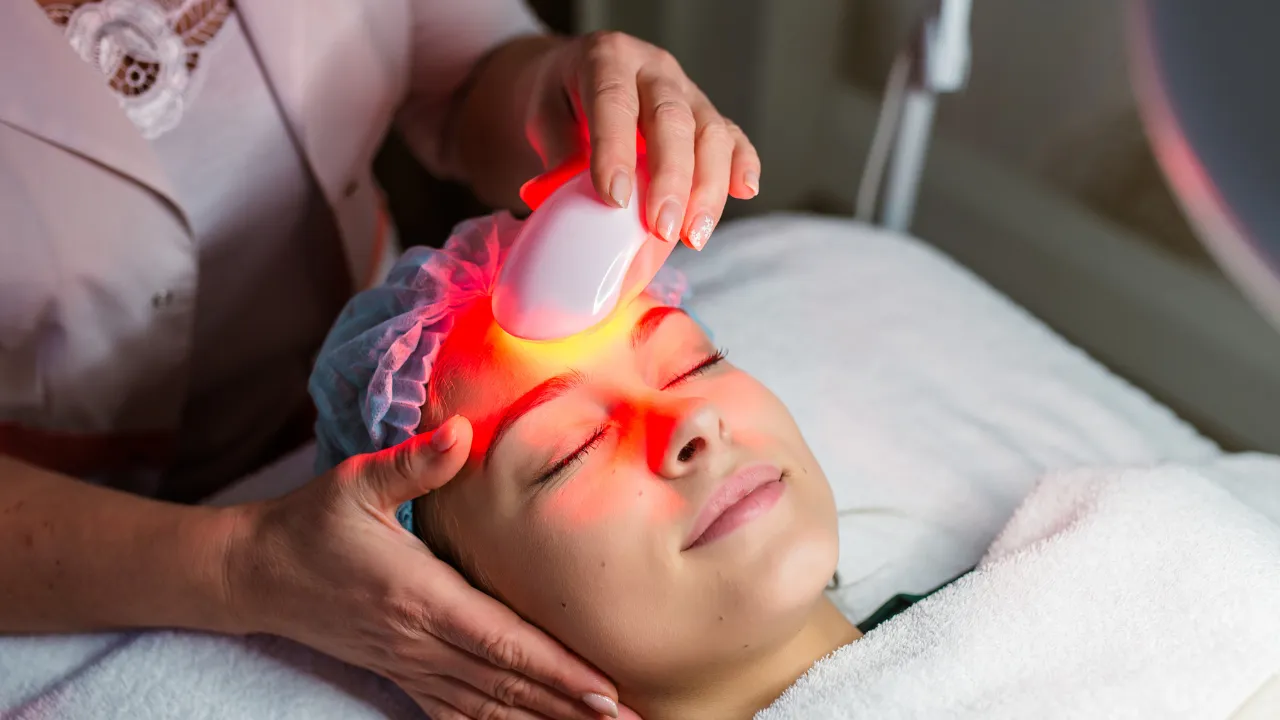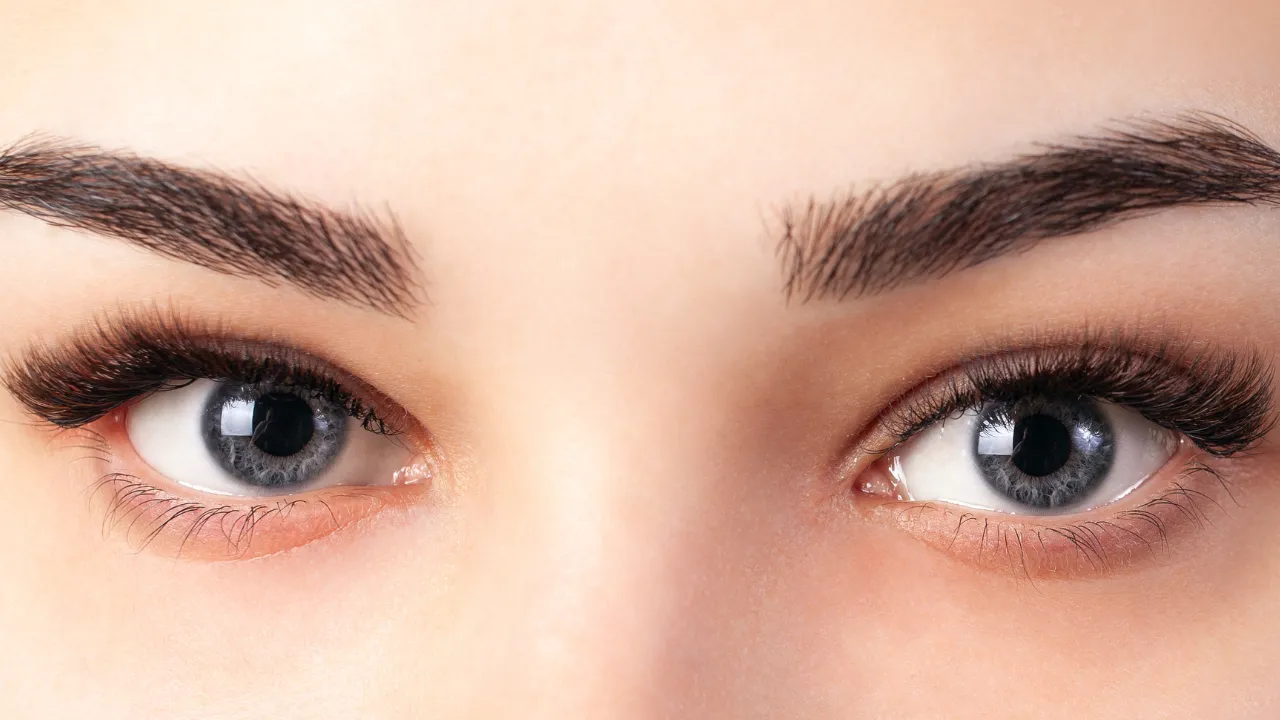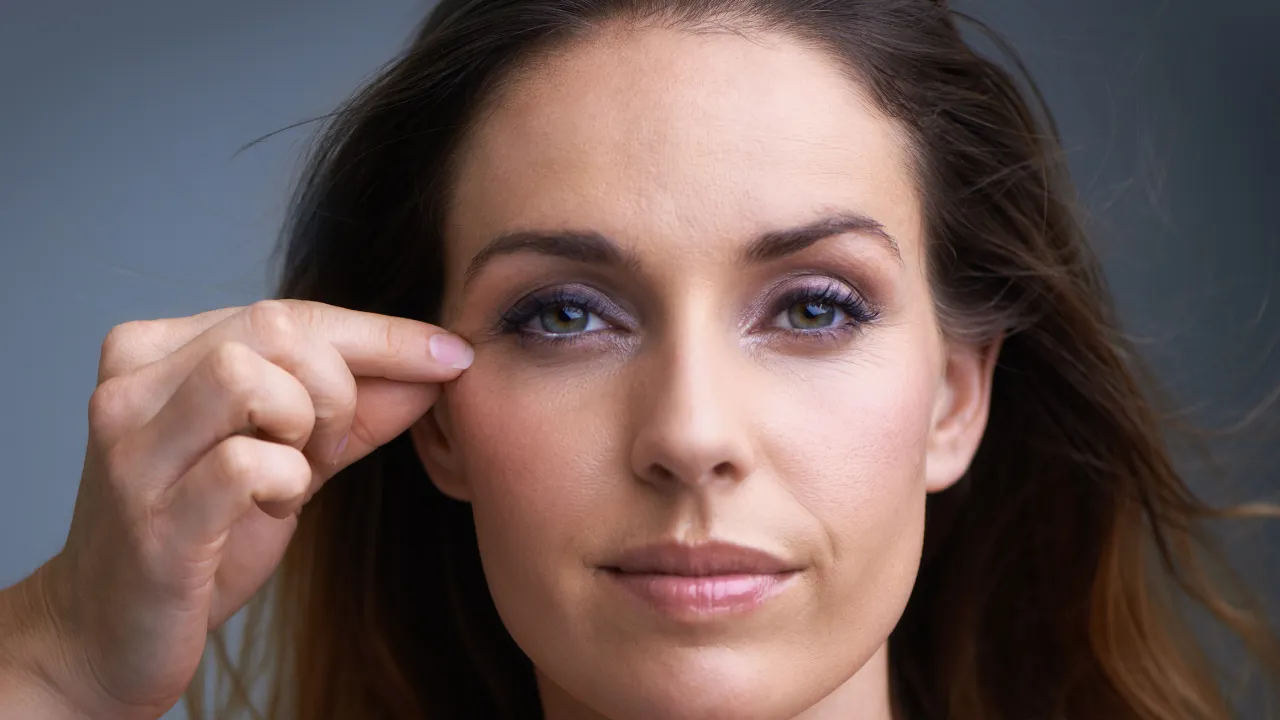Blepharoplasty causing chronic fatigue has become a concern for patients recovering from eyelid surgery. At Kopelman Aesthetic Surgery, a board-certified oculoplastic surgeon, Dr. Joel Kopelman, brings over 35 years of expertise to help patients navigate recovery with clarity and confidence.
Table of Contents
ToggleUnderstanding Blepharoplasty and Its Effects
What Is Blepharoplasty Surgery?
Blepharoplasty is a type of surgery that removes excess skin, fat, or muscle from the eyelids. It is a common surgical procedure used to restore a more youthful appearance or improve vision. It can be performed on the upper eyelids, lower eyelids, or both. While often considered cosmetic surgery, it may also address functional issues like obstructed vision.
Short and Long-Term Side Effects of Blepharoplasty
Like any procedure, blepharoplasty can cause short-term side effects such as swelling, bruising, dry eyes, or discomfort. Depending on health and post-operative care, these typically resolve within days or weeks.
Common side effects of blepharoplasty surgery include:
- Swelling and bruising
- Blurred vision
- Tightness around the eyes
- Redness or irritation
Rare long-term side effects of blepharoplasty include:
- Persistent dryness or discomfort
- Asymmetry in eyelid position
- Visible scarring or contour changes
Most issues resolve over time or with minor procedures. Staying in contact with your surgeon during recovery is essential.
Eye Problems After Blepharoplasty
Some patients report vision issues after blepharoplasty procedures, including light sensitivity, double vision, or difficulty closing the eyes fully. These are typically temporary but should be evaluated if they persist.
Using prescribed eye drops, avoiding screen strain, and following instructions can help reduce discomfort and reduce swelling.
What Is Post Blepharoplasty Syndrome?
Post blepharoplasty syndrome refers to a rare complication where eyelid function is altered long-term. Patients may have difficulty blinking or suffer from chronic dry eyes.
This condition may result from excessive tissue removal or scarring and often requires surgical correction. Dr. Kopelman emphasizes precision during surgery to minimize these risks and preserve eyelid function.
Fatigue After Surgery
Post Surgery Sleepiness: What’s Temporary
Feeling tired after surgery is normal. Post surgery sleepiness is usually due to anesthesia, medications, and the body’s healing response. Most patients feel low on energy for a few days.
Rest, hydration, and light movement help reduce this temporary fatigue. Energy levels typically return within a week.
Can Surgery Lead to Chronic Fatigue?
Some patients report exhaustion weeks after undergoing surgery. This raises the question of whether surgery can lead to chronic fatigue. While uncommon, prolonged fatigue after surgery may result from:
- Sleep disturbances
- Emotional stress
- Nutritional deficiencies
- Underlying conditions
Tracking symptoms can help determine if fatigue is part of healing or a sign of something more.
A Patient’s Experience with Post-Surgery Fatigue
“I expected bruising and swelling, but I didn’t expect to feel so exhausted,” one patient shared during a follow-up consultation. Many are surprised by how much rest they need, even after minor procedures. Dr. Kopelman notes recovery varies, and energy often returns gradually.
Prolonged Fatigue After Surgery: When to Worry
Tiredness past 3–4 weeks may indicate an issue beyond normal recovery. Signs of abnormal fatigue include:
- Difficulty concentrating
- Muscle weakness
- Poor sleep despite rest
Persistent low energy beyond a few weeks may signal post surgical fatigue. Patients should consult their surgeon or doctor to rule out complications.
Emotional Recovery After Eyelid Surgery
Fatigue isn’t always just physical. Emotional stress, sleep disruption, and appearance changes can lead to low energy or mood swings. Some feel overwhelmed during recovery, especially if results take longer to show.
Support from family, clear communication, and managing expectations can ease this burden. If fatigue includes sadness or anxiety, consider speaking to a mental health professional.
Blepharoplasty and Chronic Fatigue Syndrome: Is It Real?
Some raise concerns about blepharoplasty causing chronic fatigue syndrome (CFS). While no proven link exists, major surgery can act as a stressor in sensitive individuals.
CFS is a separate condition marked by fatigue lasting over six months that doesn’t improve with rest. If persistent fatigue develops, Dr. Kopelman advises full evaluation.
Recovery Timeline and Care
3 Months After Blepharoplasty: What to Expect
Most healing is complete three months after surgery. Swelling and bruising should be gone, and the final eyelid contour will become visible.
Mild fatigue or sensitivity may persist, especially in older adults or those with health conditions. Maintaining a healthy lifestyle supports recovery.
How Long Does It Take to Fully Recover?
Recovery happens in stages. Most return to daily tasks within 10–14 days, but full healing can take months. By 3 months, major symptoms resolve, but minor improvements may continue for up to 6 months.
The healing process includes restoring eyelid skin flexibility and function.
How to Reverse Chronic Fatigue Syndrome After Surgery
If diagnosed with CFS or ongoing fatigue, steps to improve energy include:
- Establishing regular sleep routines
- Eating a balanced diet
- Engaging in low-impact activity
- Addressing stress through counseling or mindfulness
Medical treatment may be needed depending on the cause.
Managing Recovery and When to Contact Your Surgeon
To manage fatigue, patients should:
- Follow post-op instructions
- Avoid long screen time
- Take prescribed medications
- Get adequate sleep and rest
Contact your surgeon if you notice:
- Increased swelling or pain
- Vision changes
- Worsening fatigue


